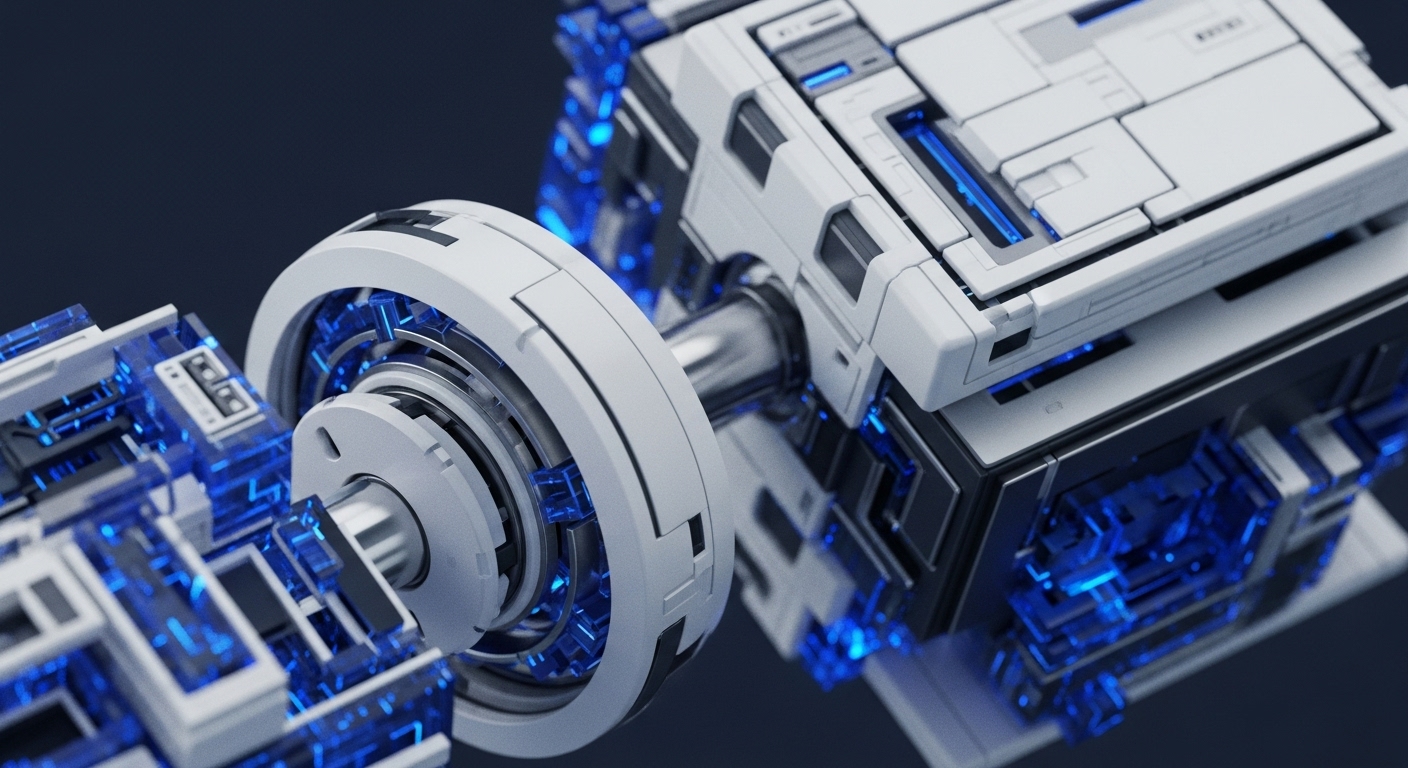Sublinear Memory ZKP Provers Enable Widespread Verifiable Computation


A novel streaming prover reduces ZKP memory from linear to sublinear, democratizing verifiable computation for resource-constrained devices and large-scale applications.
Sublinear Zero-Knowledge Proofs Revolutionize On-Device Verifiable Computation


This breakthrough redefines zero-knowledge proof generation, enabling efficient on-device computation by dramatically reducing prover memory requirements.
Sublinear Zero-Knowledge Proving Transforms On-Device Verifiable Computation


This research introduces the first sublinear-space zero-knowledge prover, reframing proof generation as tree evaluation to enable efficient on-device verifiable computation.
Sublinear-Space Zero-Knowledge Proofs Revolutionize Verifiable Computation Efficiency


A novel zero-knowledge prover reduces memory from linear to sublinear, unlocking verifiable computation for resource-constrained devices and massive tasks.
Sublinear-Space Zero-Knowledge Proofs Enable Efficient On-Device Verification


This research introduces the first sublinear-space zero-knowledge prover, reframing proof generation as a tree evaluation problem to unlock on-device verifiable computation.
